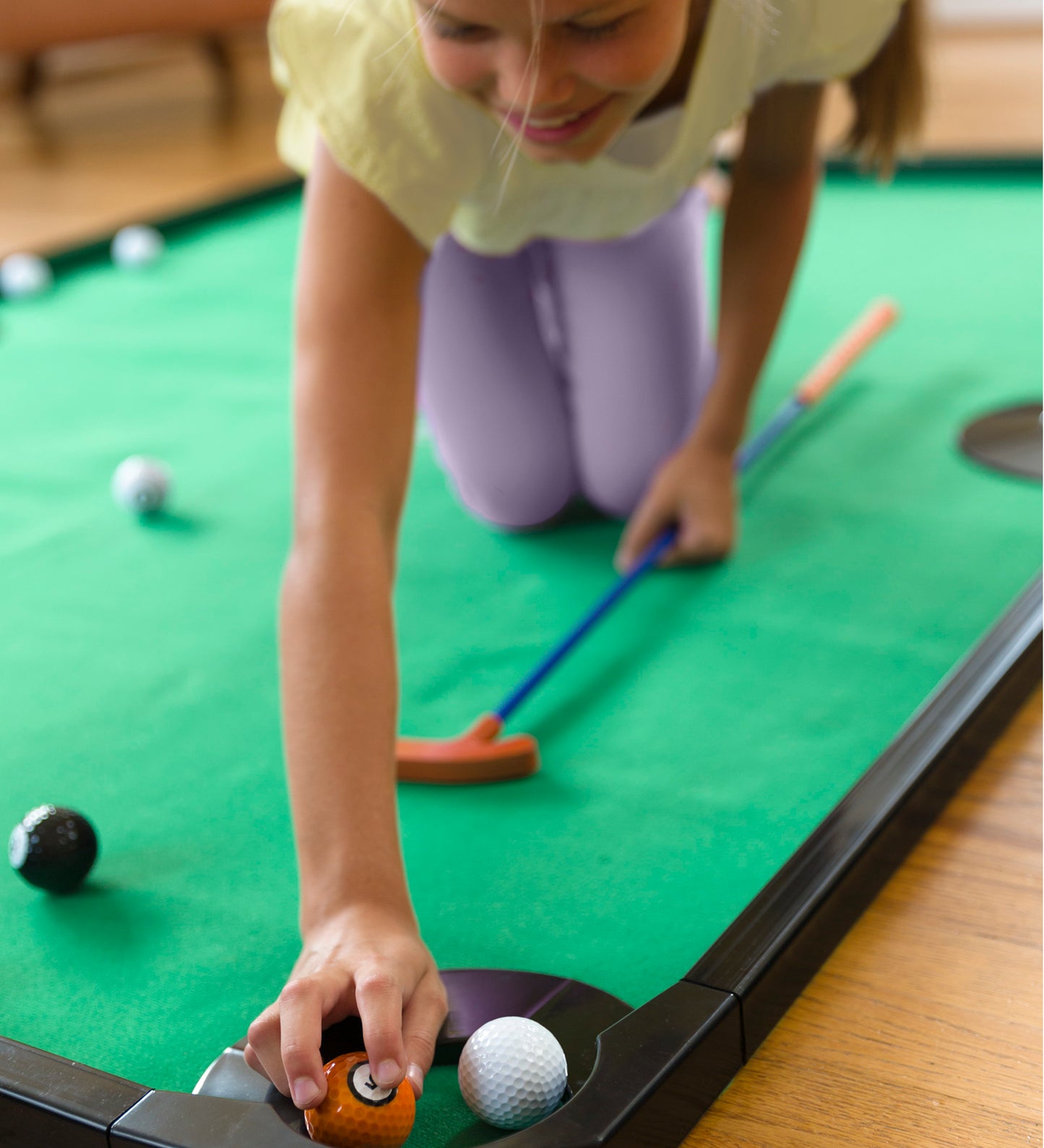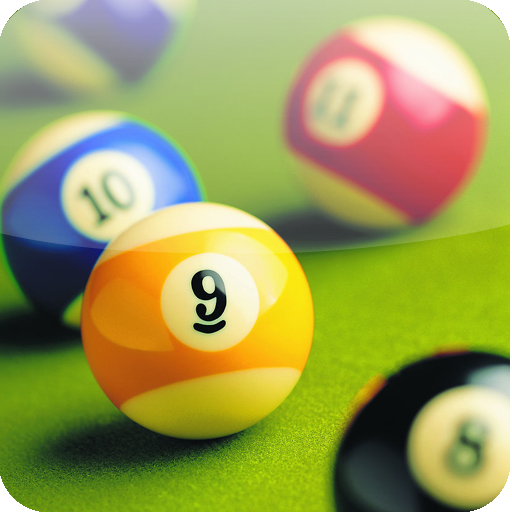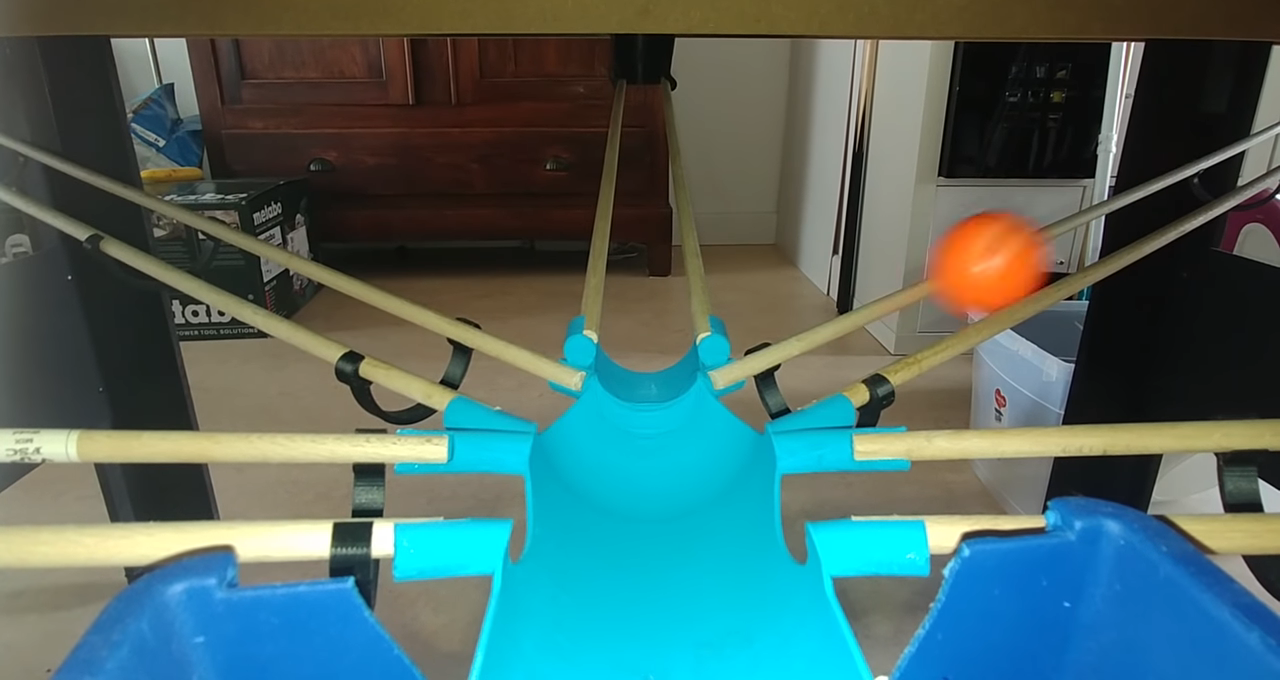
Without understanding the basics of pool, you can't be a great player. These fundamentals include good stance, proper use of the pool cue and knowledge of the rules. It's tempting to rush into a competitive game. However, it is better to work on your skills first. Once you have your billiard basics down pat, it will be easier to master more complex techniques later on.
A good billiards teacher will help you improve your shots. They can point out your deficiencies and suggest ways to improve. They can also show you how to get a shot lined up quickly.
You can line up shots more effectively if you position your hands correctly. If a player is right-handed, his right foot would be two feet away from the table. He would also slightly turn to the right at a 45 degree angle. If you're a left-handed player, you'd have your left foot a couple of feet behind the table and slightly turned to the left at a similar angle.

The most important thing about lining up shots is to be able to see the cue balls in action. A ghost ball is a method that many players use to better see the ball. Another way to do this is to use a bridge to align the shot.
This trick is very useful when lining up bank shots. The object of a bank shot, as the name suggests, is to hit your object ball so that it bounces off the rail onto the cue ball. For this to work effectively, the cue should be at the optimal distance from your object ball. The ball should be at the same distance as the cue.
To do this, you need to ensure that your posture is stable throughout the shoot. This will allow for you to observe the balls moving after the shot. This will enable you to make adjustments to the shot.
An easy mistake for new players to make is to stand up too quickly when taking a shot. This can cause problems with the follow-through and alter the contact point of your cue ball. Stability is key to making your next shot more manageable.

This is best done by playing on a level field. For instance, if you're playing against a pool player who can only line up shots on the head string, it's likely that you'll be able to snag a few balls.
It is also a good idea to practice the same shots repeatedly. It will help you find the right cue length and the most efficient way of aligning the shot. Don't be tempted to practice on tilted tables as it can lead to overcorrection.
You can learn billiards best by practicing regularly. Even though it may seem obvious to some, many new players overlook it. Practice will help you not only improve your skills but also bond you with your friends.